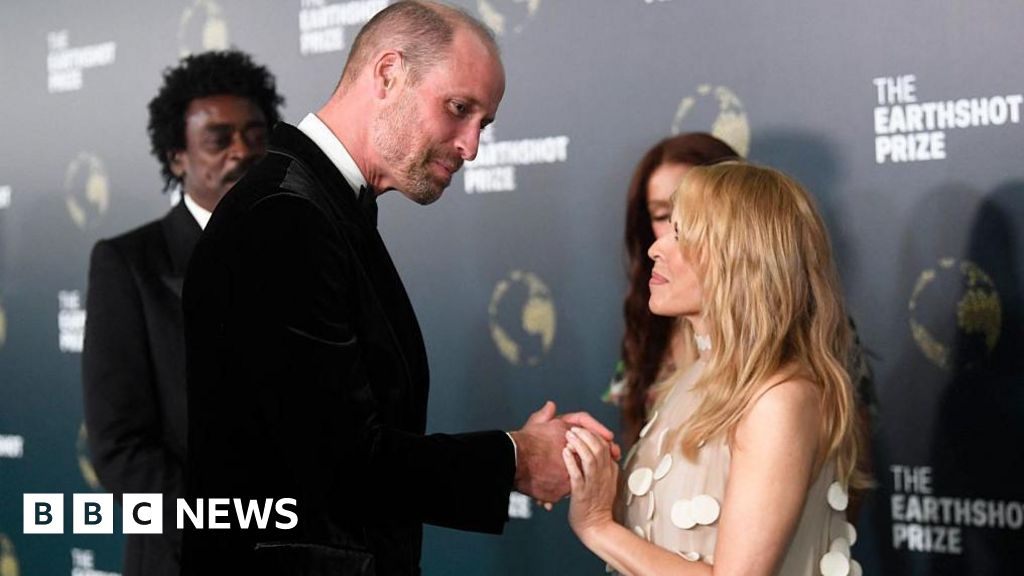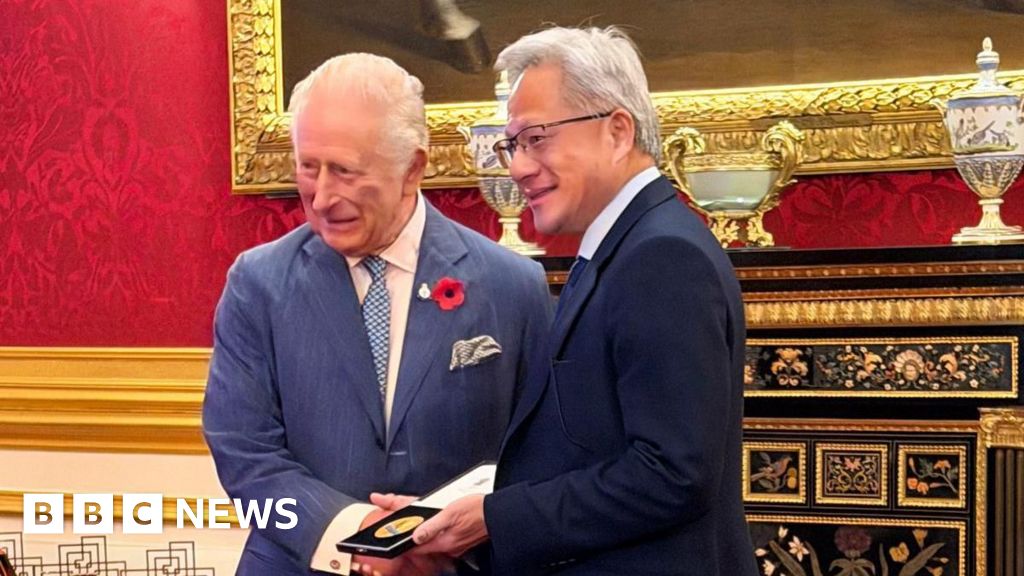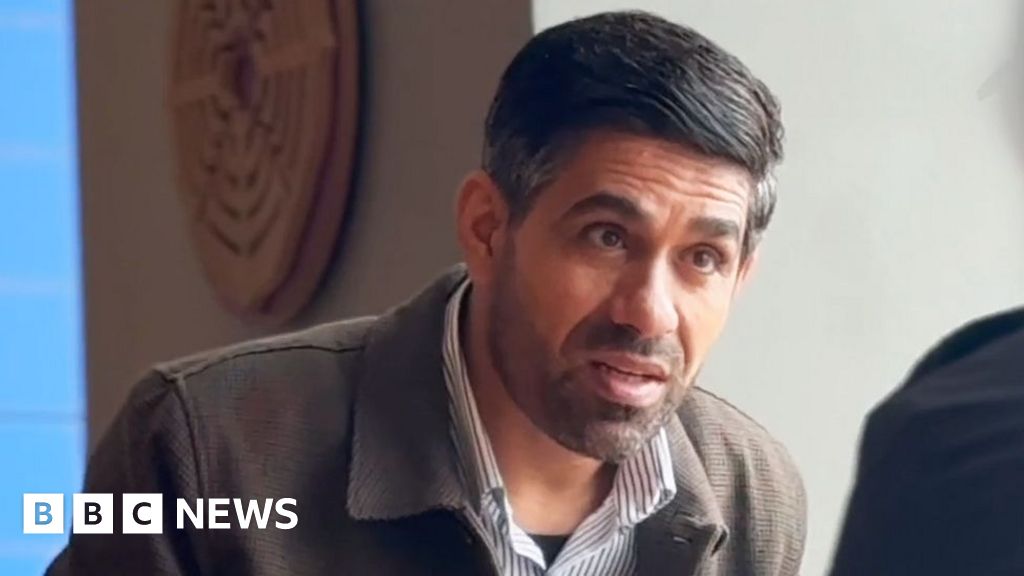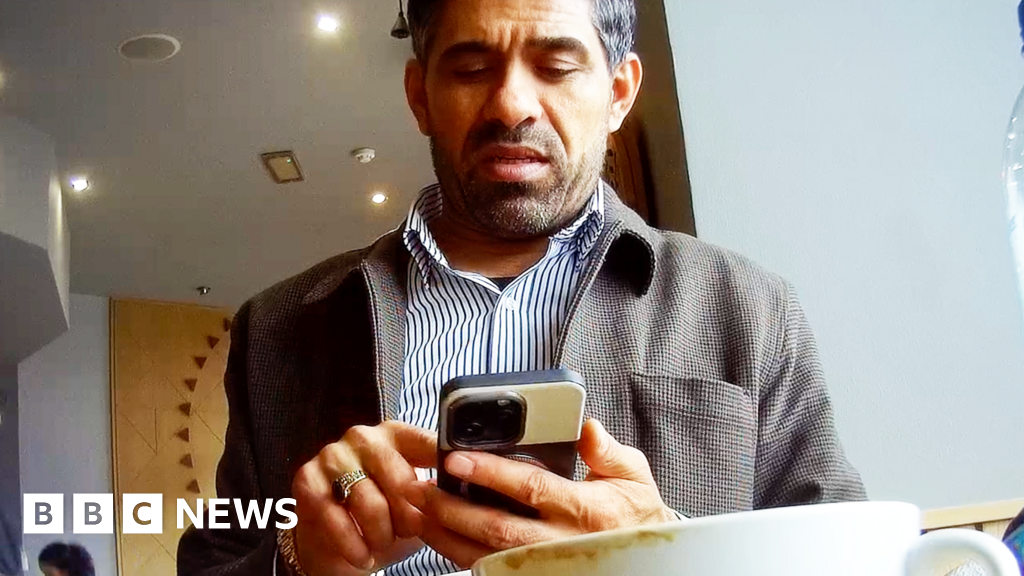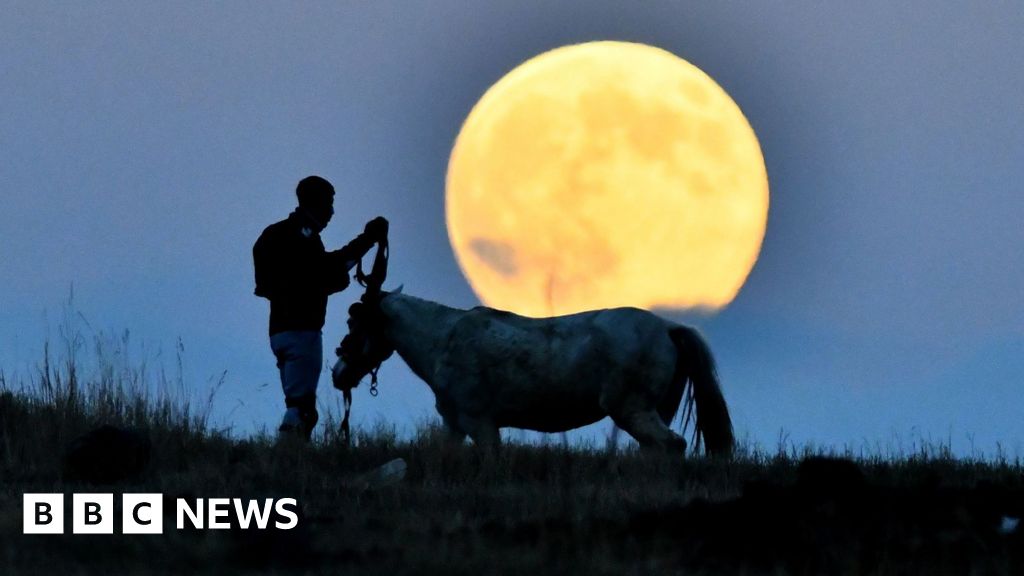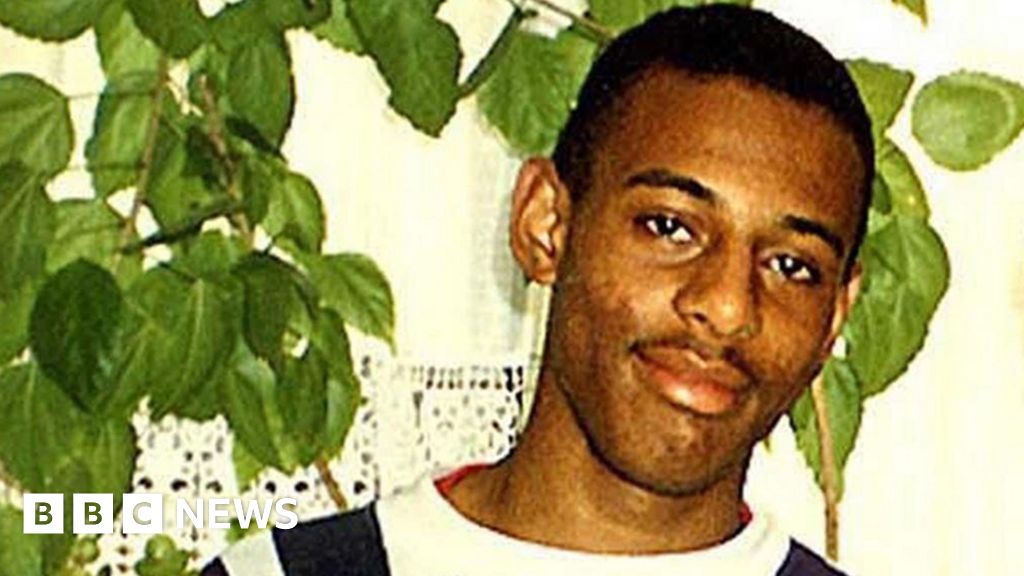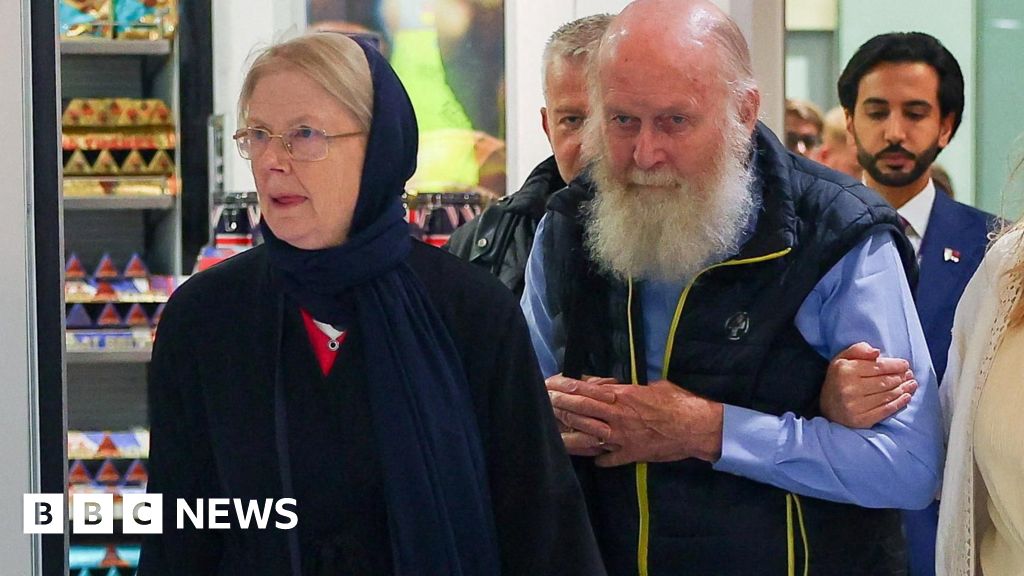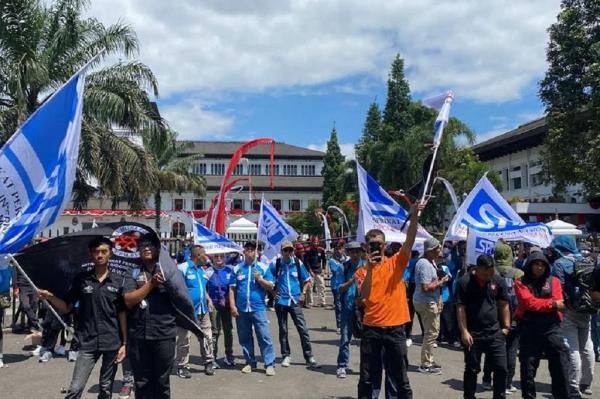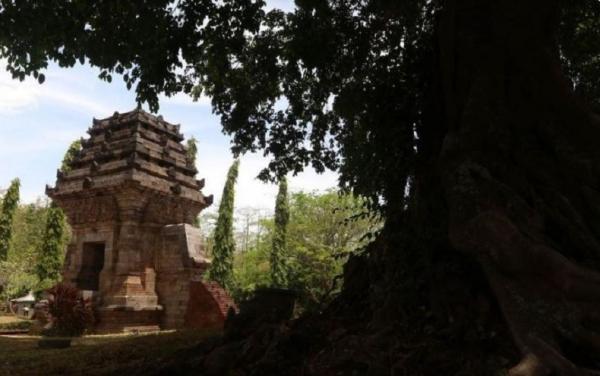Abhishek DeyBBC News, Delhi

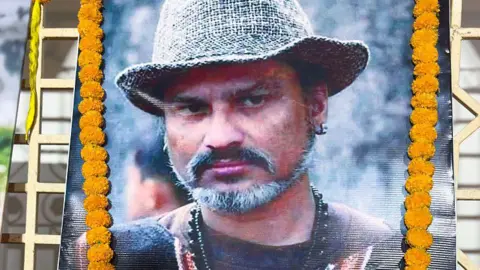 Getty Images
Getty Images
Zubeen Garg's funeral will be held in Guwahati city on Tuesday with state honours
Hundreds of thousands of people have gathered in Guwahati, the capital of the northeastern state of Assam, to mourn the death of singer-composer Zubeen Garg.
Garg, 52, drowned on 19 September in Singapore, where he had gone to perform at a live concert.
He was a cultural icon in Assam, singing in more than 40 languages and dialects in a career spanning 33 years. His hit Hindi language song Ya Ali from the 2006 film Gangster made him nationally famous.
Garg's cremation will be held on Tuesday with state honours after a second autopsy on the body is conducted to rule out any foul play in his death, said Assam's Chief Minister, Himanta Biswa Sarma.
The state has declared three days of mourning, with several prominent personalities including politicians, musicians and hordes of fans from across the region travelling to Guwahati to pay their last respects to the singer.
Prime Minister Narendra Modi mourned Garg on X, saying he would be remembered for his "rich contribution to music".

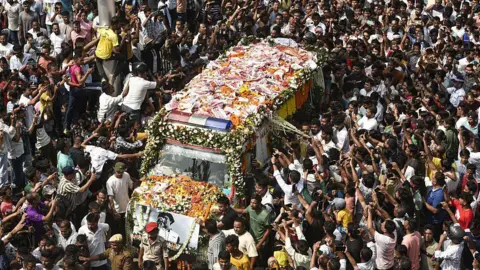 Getty Images
Getty Images
Garg's body arrived in Guwahati on 21 September
Rise to stardom
Garg's career took off when he was just 19 and still in college. His first music album, Anamika, released in 1992, became an instant chartbuster.
His rise to stardom coincided with a period of violence linked to separatist groups in Assam. His lively melodies about love, hope and despair - embellished with catchy riffs - brought a breath of fresh air to an otherwise tense social milieu.
By 2000, when Garg made his acting and directorial debut with an Assamese movie Tumi Mor Matho Mor, his popularity had touched new heights.
His face was regularly splashed on big billboards and his songs could be heard in markets and buses, and at college events and social gatherings.
He was a fashion icon among Assam's youth and built a larger-than-life persona with his sartorial choices, which included trendy sunglasses and ripped jeans.
Garg was also the most sought-after artist during Bihu – a cultural festival celebrated in Assam in mid-April every year. Throughout the month, he would travel around the state singing in live concerts, which were attended by thousands of people.
Large sections of Garg's fans identify him as an "emotion" - a pop culture figure akin to no one.
He could sing a rock song with the same ease as regional folk music and spiritual sub-genres such as Borgeet, Bihu and Zikir. This versatility broadened his fan base across generations and communities.

 Getty Images
Getty Images
Zubeen Garg's versatility broadened his fan base across generations and communities
Beyond music
Beyond music, Garg was also known for his activism, even though he never associated himself with a political party.
He regularly condemned violence by separatist groups in the region, despite receiving threats.
In 2019, he played a significant role in mobilising people against a controversial new citizenship law that offered citizenship to non-Muslim religious minorities from Pakistan, Bangladesh and Afghanistan.
In 2024, Garg joined Guwahati residents protesting against the Himanta Biswa Sarma-led government for cutting trees to build a new flyover.
Garg's admirers saw him as someone who never thought twice before ruffling feathers.
"He feared nobody. He spoke his heart out. And he was extremely generous. Can you think of any other celebrity like that?" asked Bimugdha Goswami, a fan who was part of a large gathering in Guwahati on Monday.
In 2020, during the Covid pandemic, Garg offered his apartment to the government for use as an isolation centre.
Over decades, people from towns and villages across Assam have testified to receiving financial help from Garg for medical treatment, school admissions, college admissions, marriages, funerals and more.
In an interview to a regional TV channel in 2018, Garg spoke about how his fan clubs across cities and districts in Assam had made these activities possible.
The same clubs are now managing crowds and organising tributes as they bid him farewell.
.png)
 1 month ago
25
1 month ago
25



